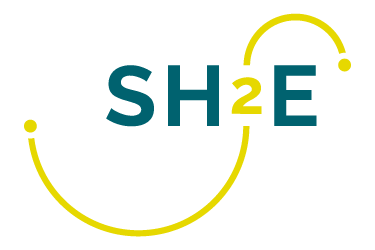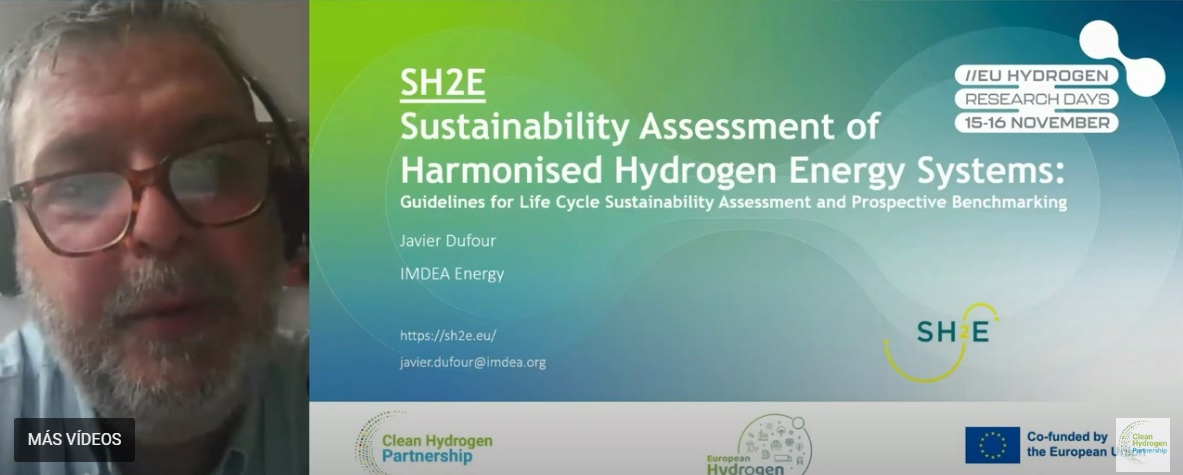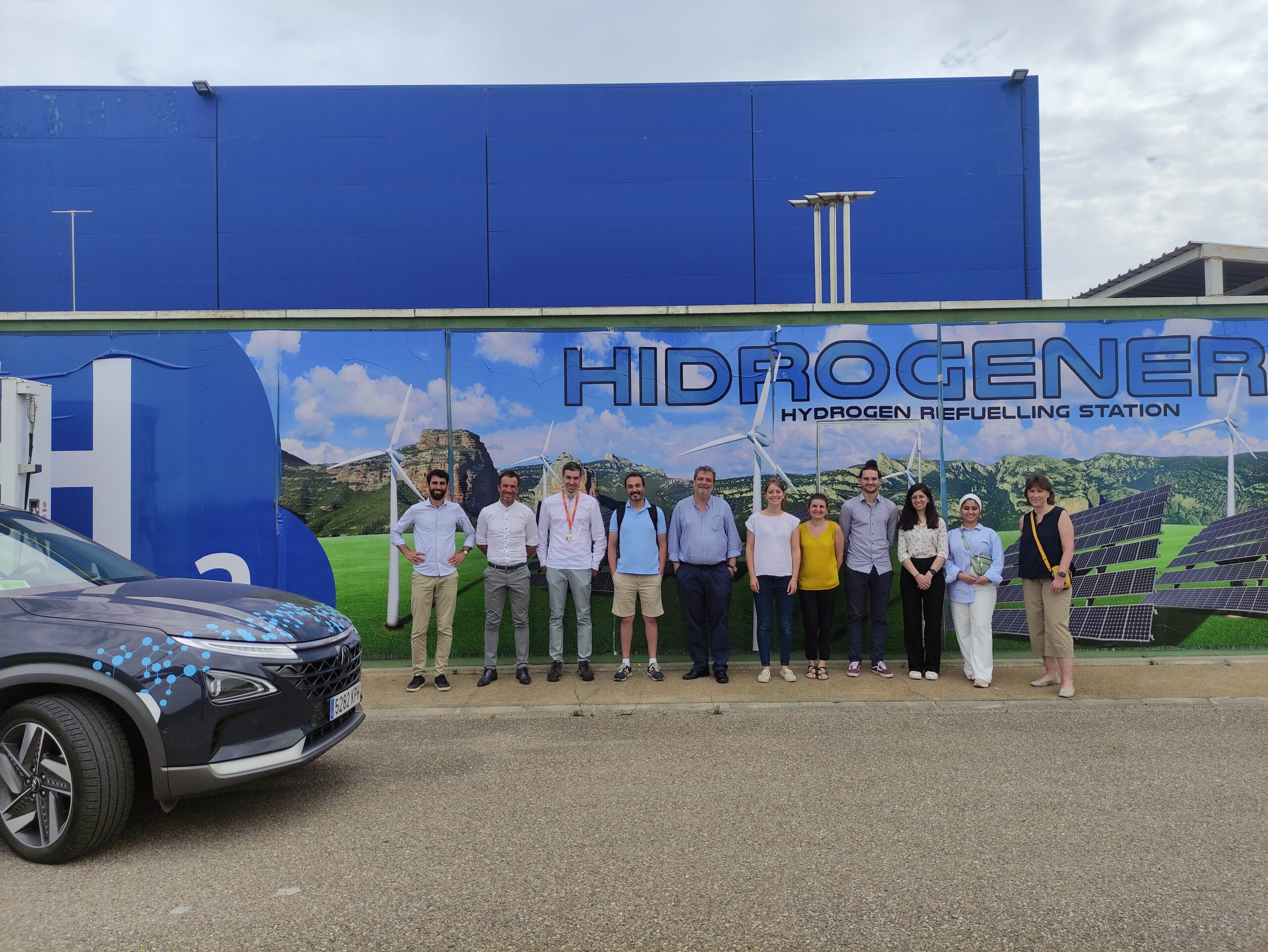
The SH2E project guides the way to a sustainable and social economy based on hydrogen
Hydrogen is expected to play a key role in achieving a sustainable energy model. To this end, it is essential to develop methods to assess the life cycle of hydrogen systems, from production to final use, thereby understanding and quantifying their impacts at each of these stages.
Thus, the SH2E project will formulate and demonstrate a novel methodological framework that will set the requirements and provide the necessary guidelines to analyse the the life cycle sustainability of hydrogen systems, integrating for the first time a triple perspective: environmental, economic, and social. In addition, SH2E will develop open-access software tools that will facilitate the widespread use of these guidelines.
SH2E’s methodological contributions will guide smart decision-making processes, taking into account environmental impacts as well as economic and social aspects, thus including stakeholders such as workers, local community and society in the assessment. Such a 360º vision will mark a milestone, providing science-based tools that support sustainable decisions in a holistic and exhaustive manner.
The aim is to establish a set of guidelines to be globally accepted as a reference for assessing the sustainability of hydrogen systems and to lay the foundation for their future standardisation. To this end, the project coordinated by IMDEA Energy (Spain) – whose kick-off meeting was held on 20 January 2021 – involves top international institutions in the fields of energy, hydrogen systems and life cycle assessement: GreenDelta (Germany), Forschungszentrum Jülich (Germany), CEA (France), Aragon Hydrogen Foundation (Spain), SYMBIO (France), and Institute of Applied Energy (Japan).
SH2E is an ambitious three-and-a-half-year project supported by a European grant of almost € 2 million. The funding agency, the Fuel Cells and Hydrogen Joint Undertaking (FCH JU), promotes the use of hydrogen and fuel cells in Europe since 2008. Its aim is to accelerate the introduction of these technologies, given their huge potential, to help achieve a carbon-free energy system by 2050, thus contributing to the shift towards a green, sustainable economy. The funding of the SH2E project is therefore strategic to position Europe in the field of sustainable hydrogen and drive the achievement of its goals in a sensible and robust way.
About Fuel Cells and Hydrogen Joint Undertaking – FCH JU
The Fuel Cells and Hydrogen Joint Undertaking (FCH JU) is a public-private initiative promoting research, technology development and demonstration of hydrogen and fuel cell technologies in Europe since 2008. It aims to accelerate the market introduction of these technologies, given their enormous potential to help achieve a carbon-free energy system.
The FCH JU is the result of a long-standing cooperation between the European Commission, Hydrogen Europe, representing companies and industries in the sector, and Hydrogen Europe Research, representing the scientific community.





